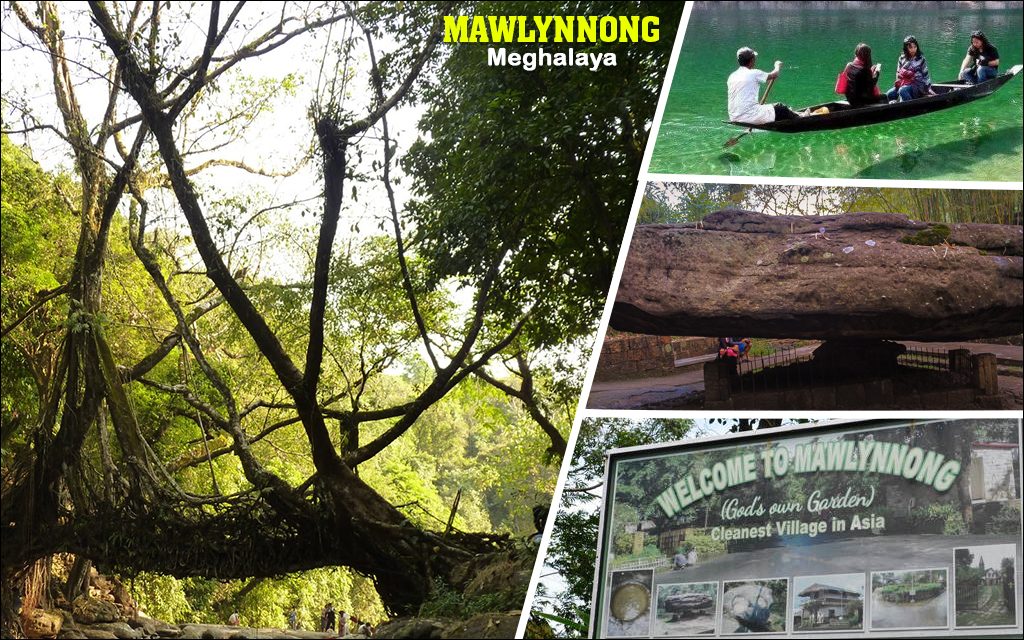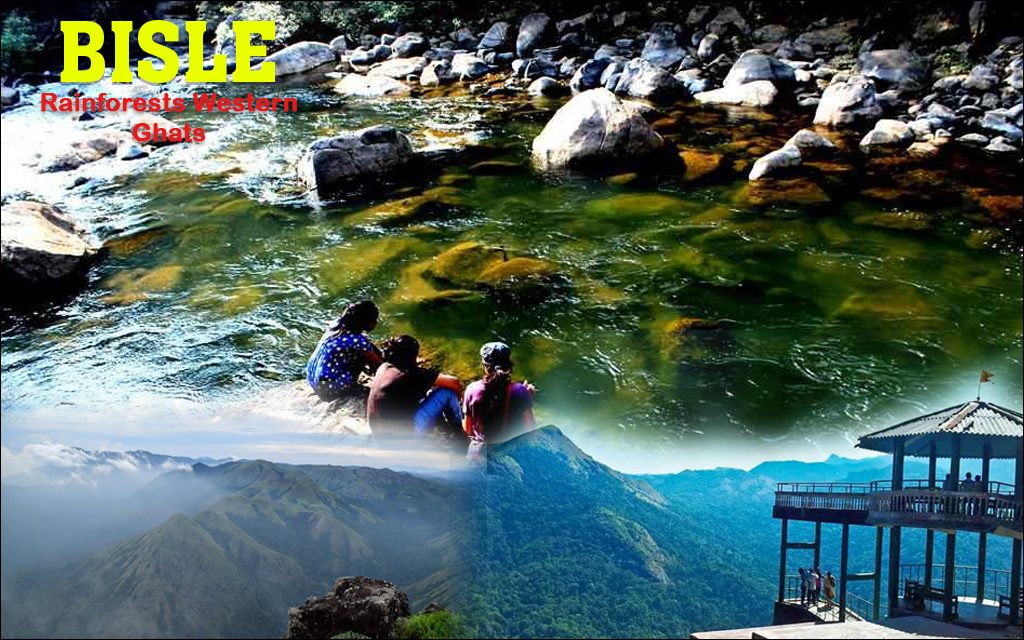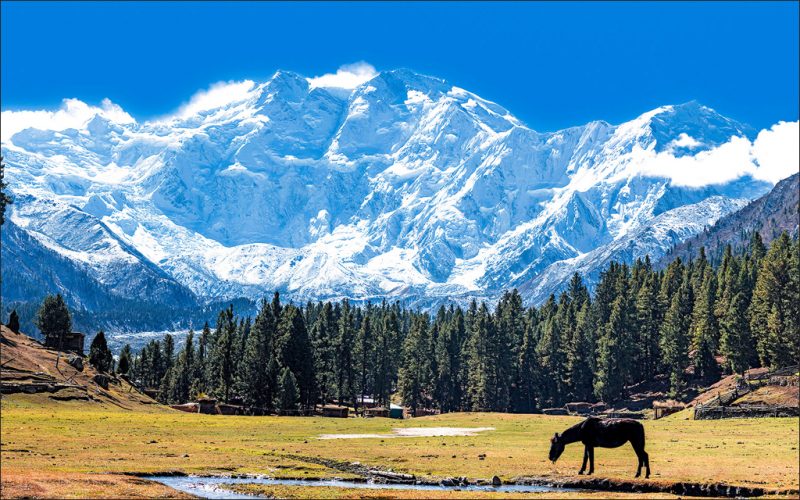Travelling is always exciting, but have you ever thought about travelling responsibly? That’s where eco-tourism in India comes into play — a conscious way to explore nature while preserving it. This form of travel emphasizes visiting serene, untouched regions without harming their delicate ecosystems. Moreover, it encourages tourists to minimize their environmental impact and protect the planet’s natural treasures.
Sadly, human activities have endangered countless species and ecosystems. Therefore, embracing eco-tourism ensures that your adventures not only enrich your life but also help the environment.
Understanding the Essence of Eco-Tourism in India
Eco-tourism is more than just staying in budget lodges, using dustbins, or purchasing handmade souvenirs. Instead, it’s a mindset — one that promotes conservation, cultural respect, and sustainable living. In fact, eco-tourism in India allows travelers to connect deeply with nature, local communities, and heritage.
Below are some of India’s most inspiring eco-friendly destinations that beautifully blend adventure with sustainability.
Thenmala, Kerala: India’s First Eco-Tourism Destination
Kerala, known as “God’s Own Country,” stands out as a pioneer of eco-tourism in India. Thenmala, the country’s first planned eco-tourism spot, is a paradise for nature lovers. It’s divided into three unique zones — Culture, Adventure, and Leisure — offering everything from traditional experiences to thrilling activities.
Visitors can go rock climbing, hiking, or boating while surrounded by lush greenery and serene backwaters. Additionally, places like the Butterfly Safari Park and Shendurney Wildlife Sanctuary make Thenmala a must-visit for every eco-traveler.

Mawlynnong, Meghalaya: Asia’s Cleanest Village
Located in the East Khasi Hills, Mawlynnong is often called “God’s Own Garden.” It’s a shining example of eco-tourism in India at its best. The locals have maintained their village with remarkable care — banning plastic, using bamboo dustbins, and promoting cleanliness.
Moreover, the breathtaking waterfalls, living root bridges, and lush forests make it a dream destination. A visit here not only soothes your soul but also inspires a more sustainable lifestyle.

Coorg, Karnataka: Nature’s Coffee Paradise
Tucked amid the Western Ghats, Coorg is another jewel of eco-tourism in India. Known for its rolling hills, coffee plantations, and rich biodiversity, this region perfectly balances serenity and adventure.
Furthermore, visitors can enjoy trekking, bird watching, and river rafting while experiencing the region’s raw beauty. The locals’ dedication to preserving Coorg’s pristine environment adds even more charm to this hill station.

Bisle Rainforest, Karnataka: A Haven for Wildlife Lovers
The Bisle Rainforest, located in the heart of the Western Ghats, is a hidden treasure that showcases the power of sustainable travel. As one of the finest examples of eco-tourism in India, Bisle is home to dense forests, rare flora, and fascinating fauna.
Additionally, adventurers can witness elephants, leopards, and exotic birds in their natural habitat. The misty hills, thick canopy, and peaceful surroundings make it a haven for eco-conscious explorers.

Silent Valley National Park, Kerala: The True Wilderness
Silent Valley National Park represents the pure spirit of eco-tourism in India. Situated in Palakkad, this biodiverse haven is filled with endangered species and unique plant varieties. Interestingly, the valley gets its name from the absence of cicadas, creating an eerie yet magical silence.
Trekking along the Kunthi River or spotting lion-tailed macaques are just some of the unforgettable experiences here. In short, it’s a must-visit for anyone who loves wilderness in its truest form.

Kaziranga National Park, Assam: The Pride of Northeast India
Home to the famous one-horned rhinoceros, Kaziranga is a UNESCO World Heritage Site and a remarkable example of eco-tourism in India. It has become a model for wildlife conservation and responsible travel.
Moreover, the park offers diverse experiences — from jeep safaris and bird watching to river cruises. With its breathtaking landscapes and flourishing biodiversity, Kaziranga truly exemplifies harmony between humans and nature.

Shimla, Himachal Pradesh: Responsible Tourism in the Hills
Shimla, the Queen of Hills, has long been a favorite travel destination. However, with the rise of eco-tourism in India, this charming hill station is embracing sustainability like never before.
Today, tourists are encouraged to explore responsibly — whether it’s by avoiding littering, supporting local artisans, or staying in eco-friendly accommodations. Surrounded by snow-capped peaks and colonial charm, Shimla offers relaxation with a purpose.

The Future of Eco-Tourism in India
As more travelers adopt sustainable habits, the future of eco-tourism in India looks brighter than ever. By choosing eco-friendly destinations, you support local communities and help preserve natural ecosystems for future generations.
So next time you plan a holiday, skip the crowded cities and head toward these green paradises. After all, every responsible step you take brings our planet closer to balance.





